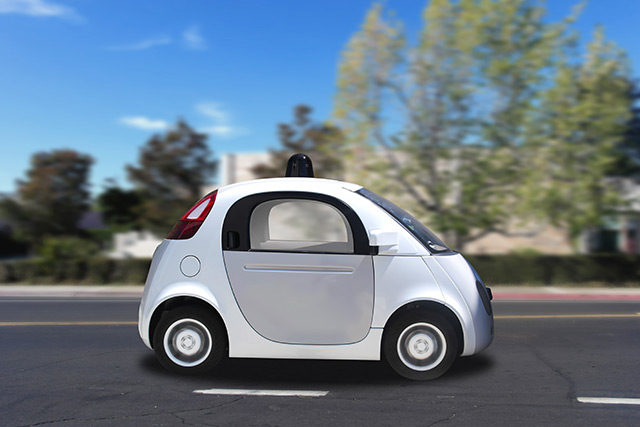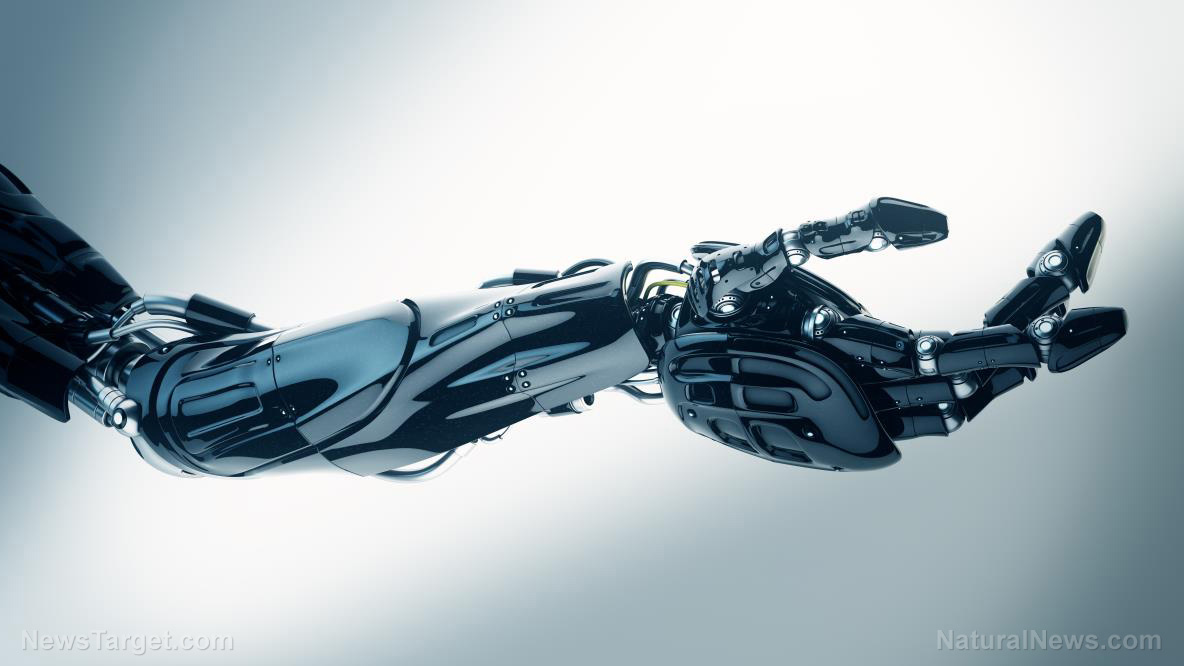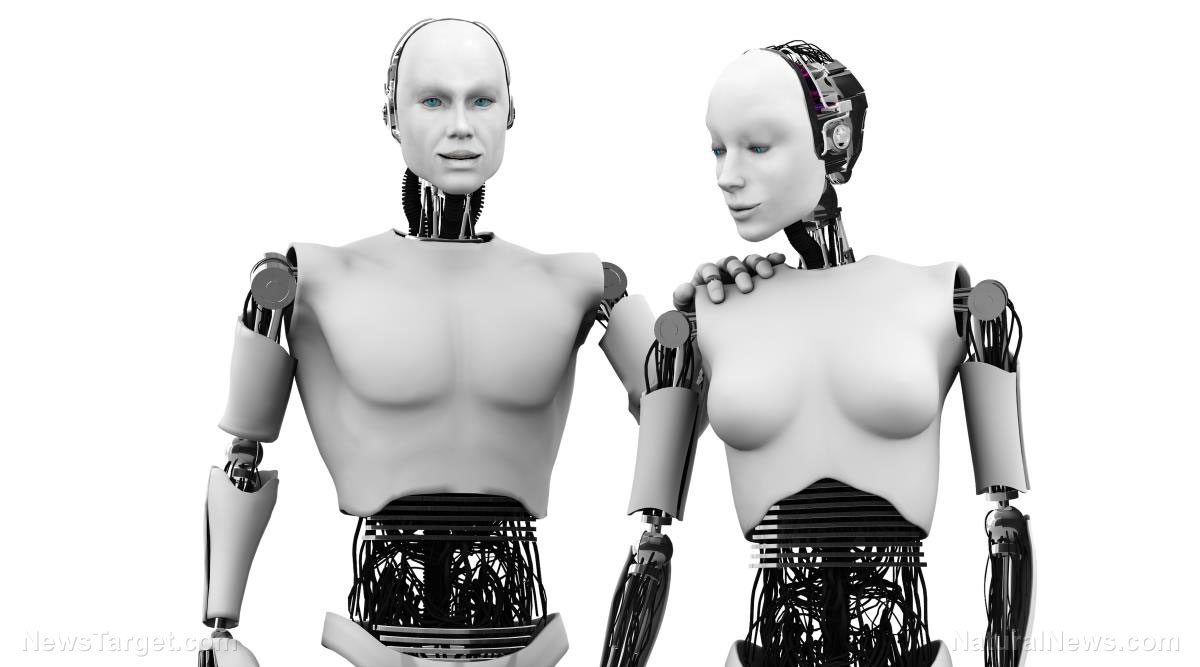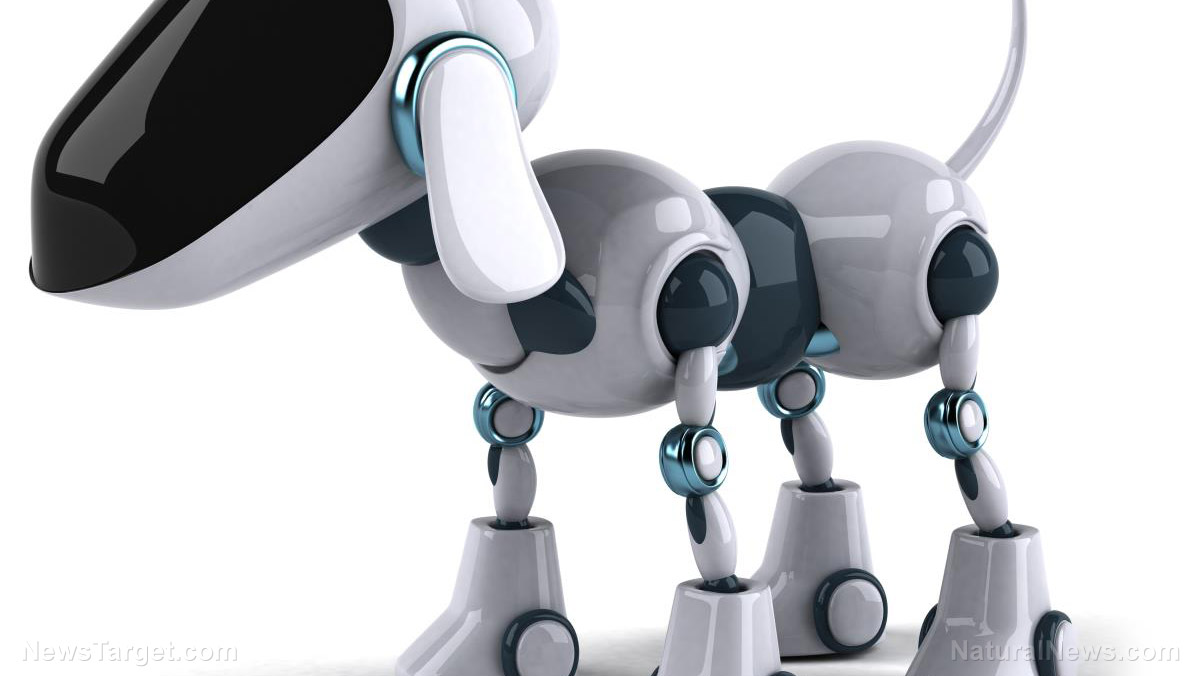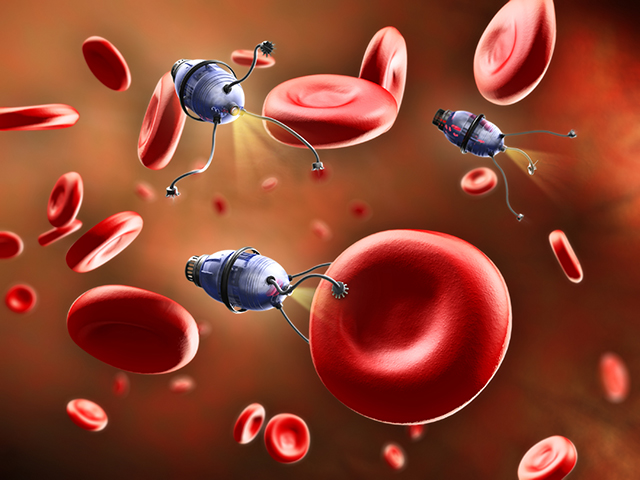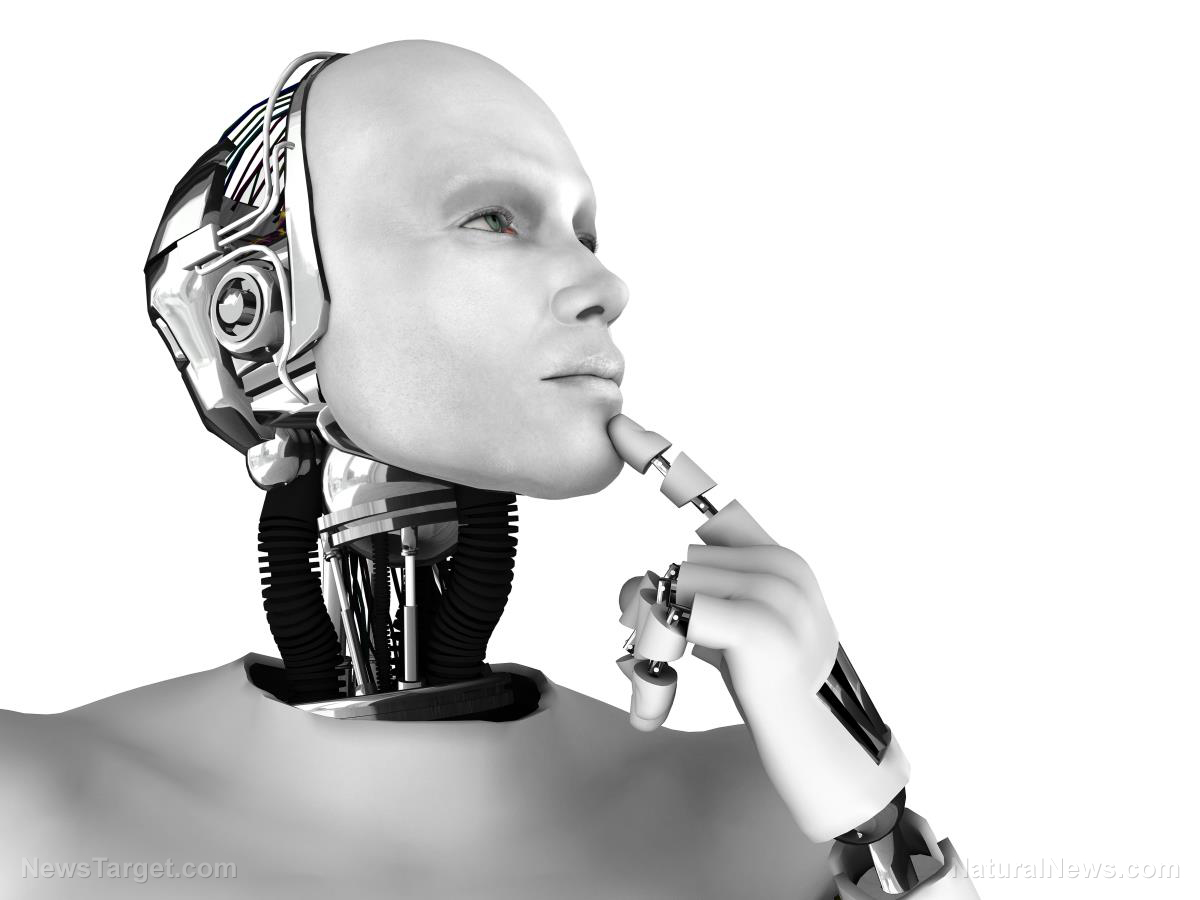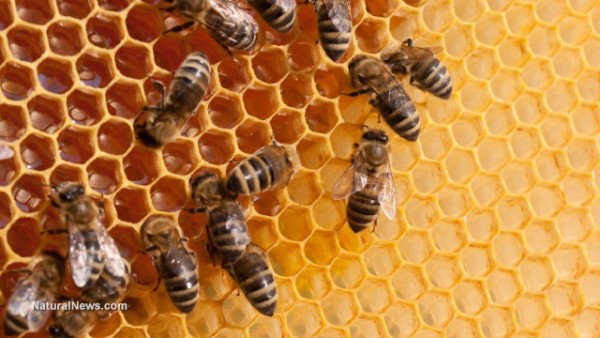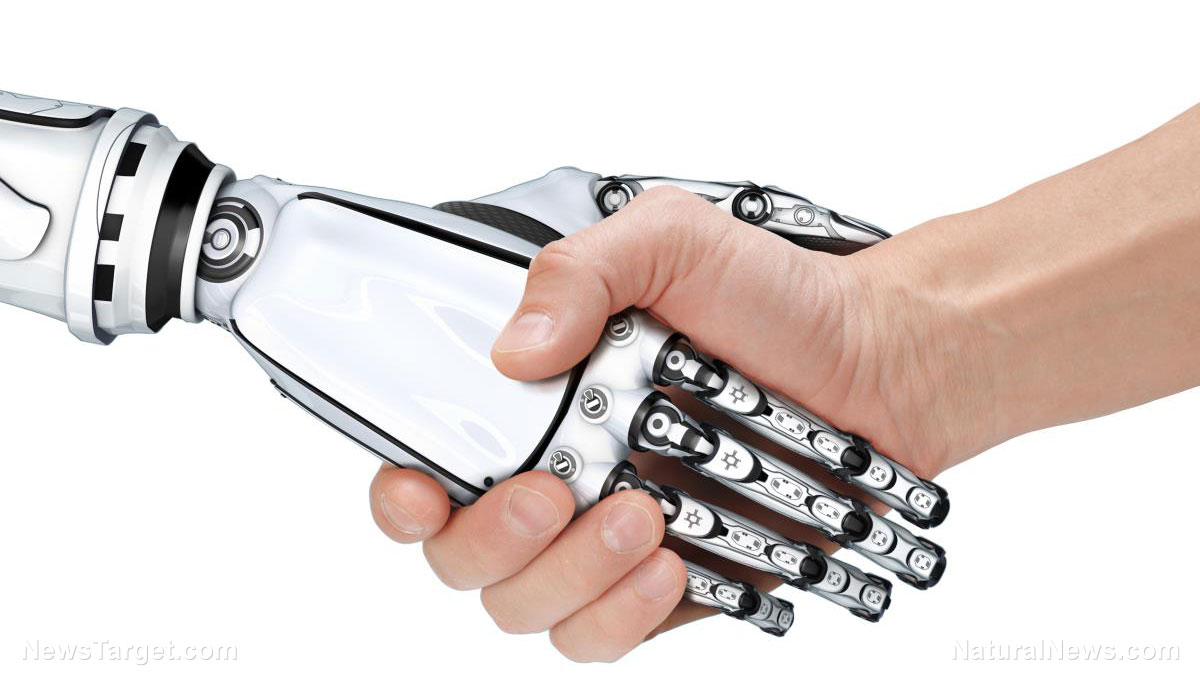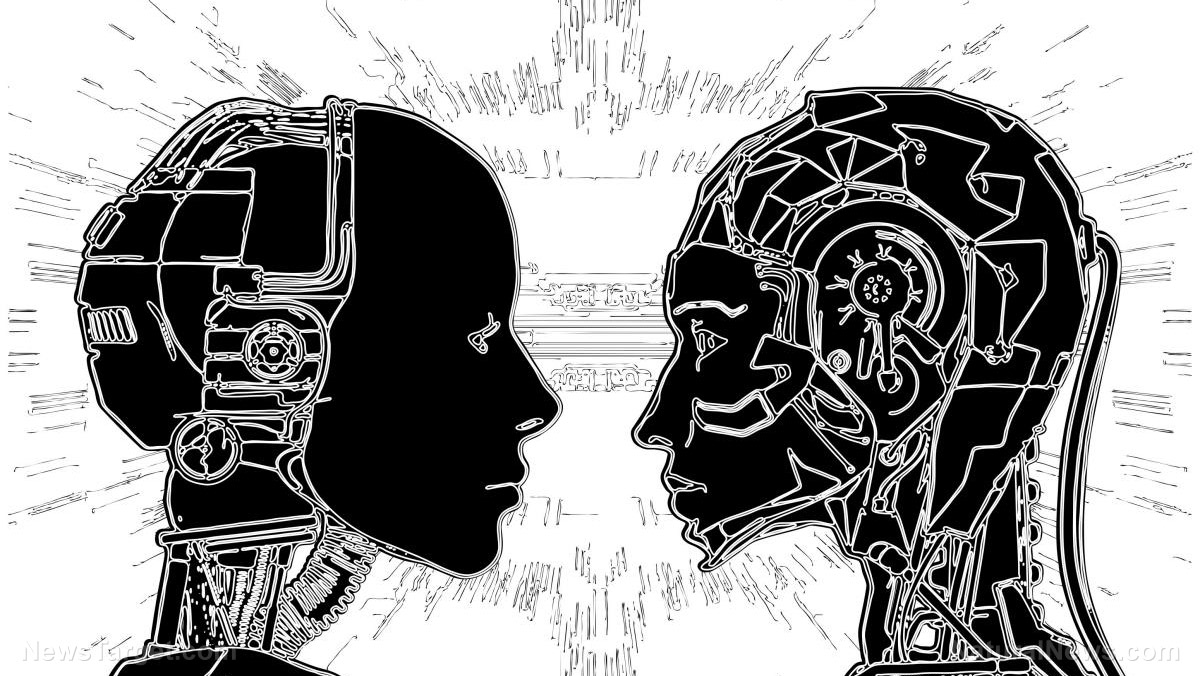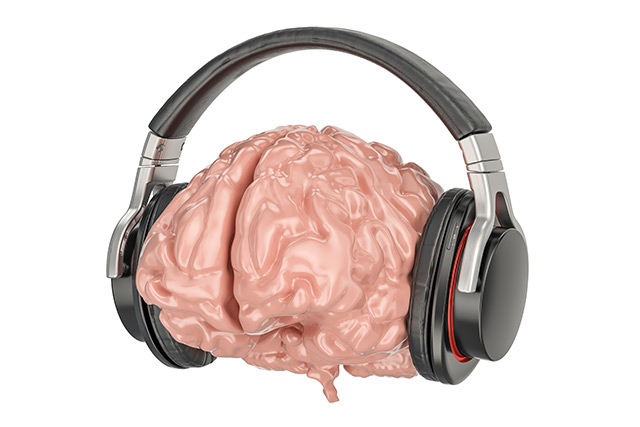It’s true: Whole Foods to fire humans and replace them with robots under new owner Jeff Bezos
06/29/2017 / By Lance D Johnson
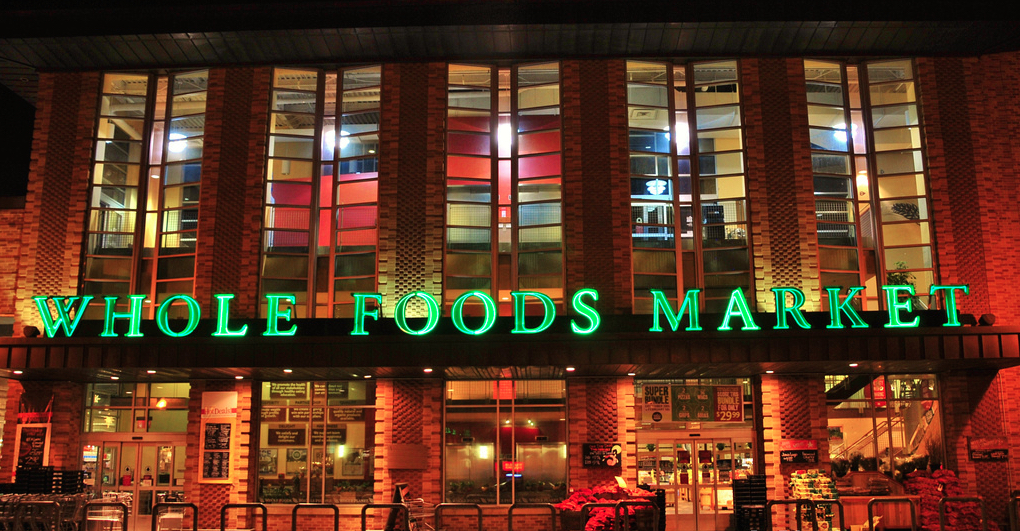
In a move that might not come as much of a surprise, Whole Foods’ new owner Jeff Bezos is expected to do away with human employees and replace them with robots. The 13.7 million deal that gave Bezos control over Whole Foods could ultimately hurt American workers. According to company documents reviewed before the Whole Foods acquisition, Jeff Bezos plans to automate both the Amazon and Whole Foods warehouses with a new fleet of robots. The deal will also impact workers in the UK and Canada. Supply chain consultant Brittain Ladd said that with the merger, Bezos plans to build a network of automated warehouses that serve both companies. But will the move serve employees, or leave them out in the cold?
It’s hard to predict just how many human jobs will be shuttered through this process. Amazon employs approximately 351,000, but with the Whole Foods acquisition, it seems Bezos wants to consolidate resources, putting robots and profit before people and their livelihood.
Gary Hawkins, CEO of the Centre for Advancing Retail and Technology, said: “The easiest place for Amazon to bring its expertise to bear is in the warehouses, because that’s where Amazon really excels. If they can reduce costs, they can show that on the store shelves and move Whole Foods away from the Whole Paycheck image.”
How long will it take Bezos to overhaul Whole Foods entirely and replace human workers inside the store? Austin Bohlig, an advisor at Loup Ventures, says that robots are capable of working alongside human workers in a grocery store setting, but Amazon wants to make sure that this is safe before it’s employed. McDonald’s just announced a sweeping change to their ordering process, replacing human workers with kiosks. In-store robots are the next step toward a more automated economy, where countless human workers are sidelined and global corporations expand their operations unchecked. If distribution continues to become more automated, how will this change the lives of working Americans and others across the globe? How will this impact small businesses that don’t have the ability to keep up in an automated economy?
Many fear that Bezos’ takeover of Whole Foods will also compromise the organic quality and purity of foods sold at Whole Foods. There is reason to believe that Whole Foods will reverse its decision to label everything it sells with GMO status by the year 2018. When confronted with a concerning heavy metal analysis of some of their products, Whole Foods management turned a blind eye. Under Bezos, this behavior will only get worse, since his globalist interests are already being revealed through his actions in business. Bezos is also the owner of the Washington Post, which has become a mouthpiece for globalist agendas.
Success in business isn’t always the result of goodwill. As witnessed at the Bezos-owned Washington Post, facts are malleable and the truth is expendable to fit any agenda. If Bezos uses his news outlet to please sponsors and corporate interests, how can anyone believe that he’ll put employees first as he takes over at Whole Foods?
As Bezos takes over Whole Foods, he may see clean organic food as a market to capitalize on. Clean organic food will become more and more like a marketing gimmick, while the actual integrity of the products falls into question. Finally, if the truth is expendable, and Whole Foods is just something that Bezos can use to take advantage of well-intentioned consumers, then how might human workers become expendable too as the new merger prioritizes workforce automation over people’s jobs? This all begs the question: Isn’t it time to break up the Bezos monopoly?
Follow more news about Whole Foods at WholeFoods.news.
Sources:
Tagged Under: Amazon, Jeff Bezos, monopoly, profit over people, robots over people, Washington Post, Whole Foods, workforce automation
